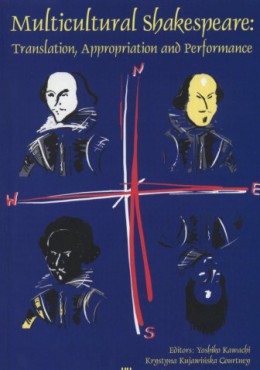Shakespeare and National Mythologizing in Czech Nineteenth Century Drama
Shakespeare and National Mythologizing in Czech Nineteenth Century Drama
Author(s): Martin ProcházkaSubject(s): Language and Literature Studies, Studies of Literature
Published by: Wydawnictwo Uniwersytetu Łódzkiego
Keywords: nationalism; mythologizing; history; William Shakespeare; tragedy; King Lear ; Henry IV ; Karel Hynek Mácha; Josef Kajetán Tyl
Summary/Abstract: The paper will discuss the ways in which Shakespeare’s tragedies (King Lear) and histories (1 and 2 Henry IV), translated in the period of the Czech cultural renaissance (known also as the Czech National Revival) at the end of the 18th and in the first half of the 19th century, challenge and transform the nationalist concept of history based on “primordialism” (Anthony Smith), deriving from an invented account of remote past (the forged Manuscripts of Dvur Kralove and Zelena Hora) and emphasizing its absolute value for the present and future of the Czech nation. While for nationalist leaders Shakespeare’s dramas served as models for “boldly painted heroic characters” of the Czech past, translators, dramatists and poets had to deal with the aspects of Shakespeare’s tragedies and histories which were disrupting the nationalist visions of the past and future. Contrasting the appropriations of King Lear and both parts of Henry IV in the translations and historical plays by the leading Czech dramatist Josef Kajetán Tyl (1808-1852) and the notebooks and dramatic fragments of the major romantic poet Karel Hynek Mácha (1810-1836), the paper will attempt to specify the role of Shakespeare in shaping the historical consciousness of emerging modern Czech culture.
Journal: Multicultural Shakespeare: Translation, Appropriation and Performance
- Issue Year: 13/2016
- Issue No: 1
- Page Range: 25-33
- Page Count: 9
- Language: English

